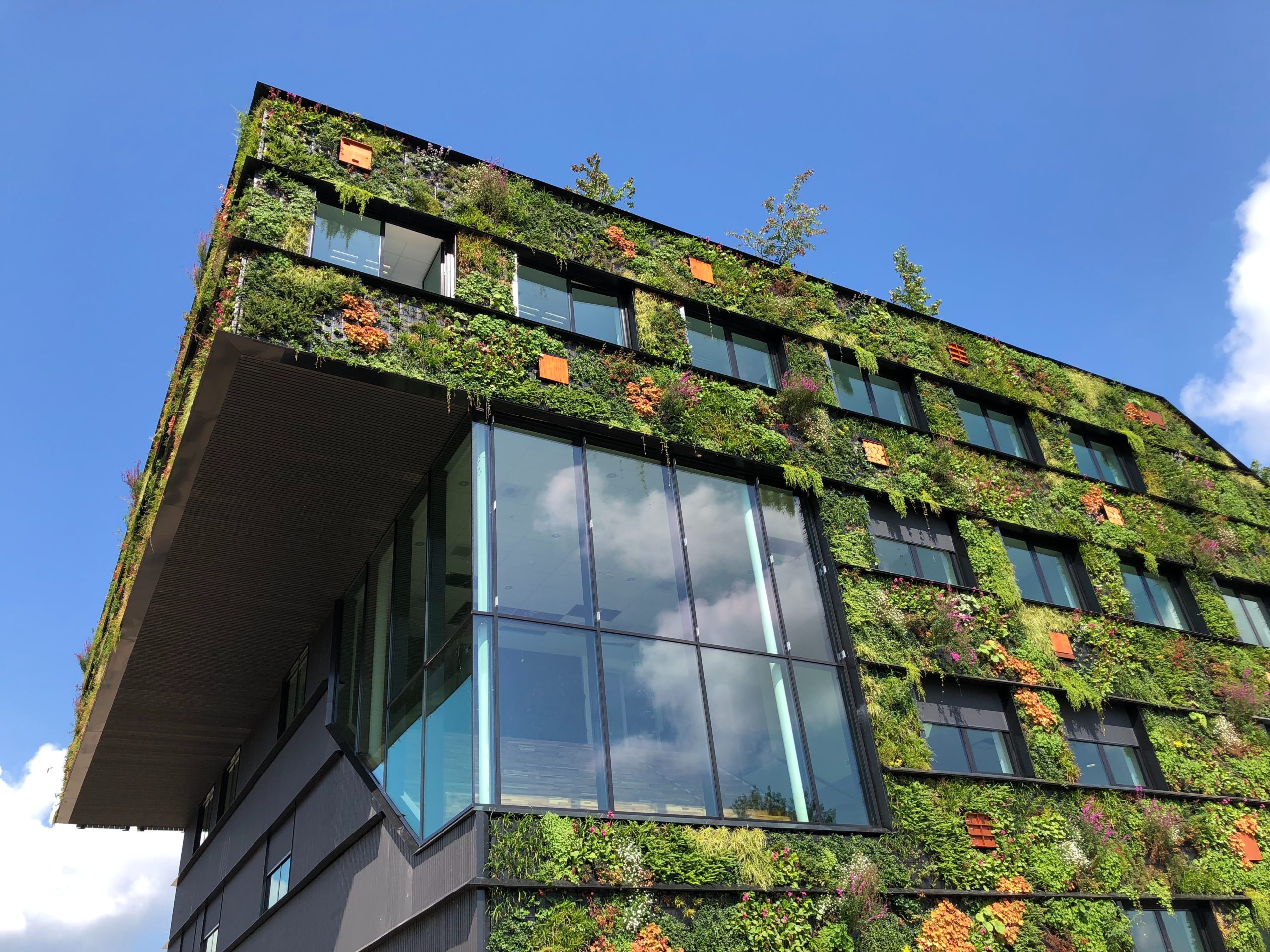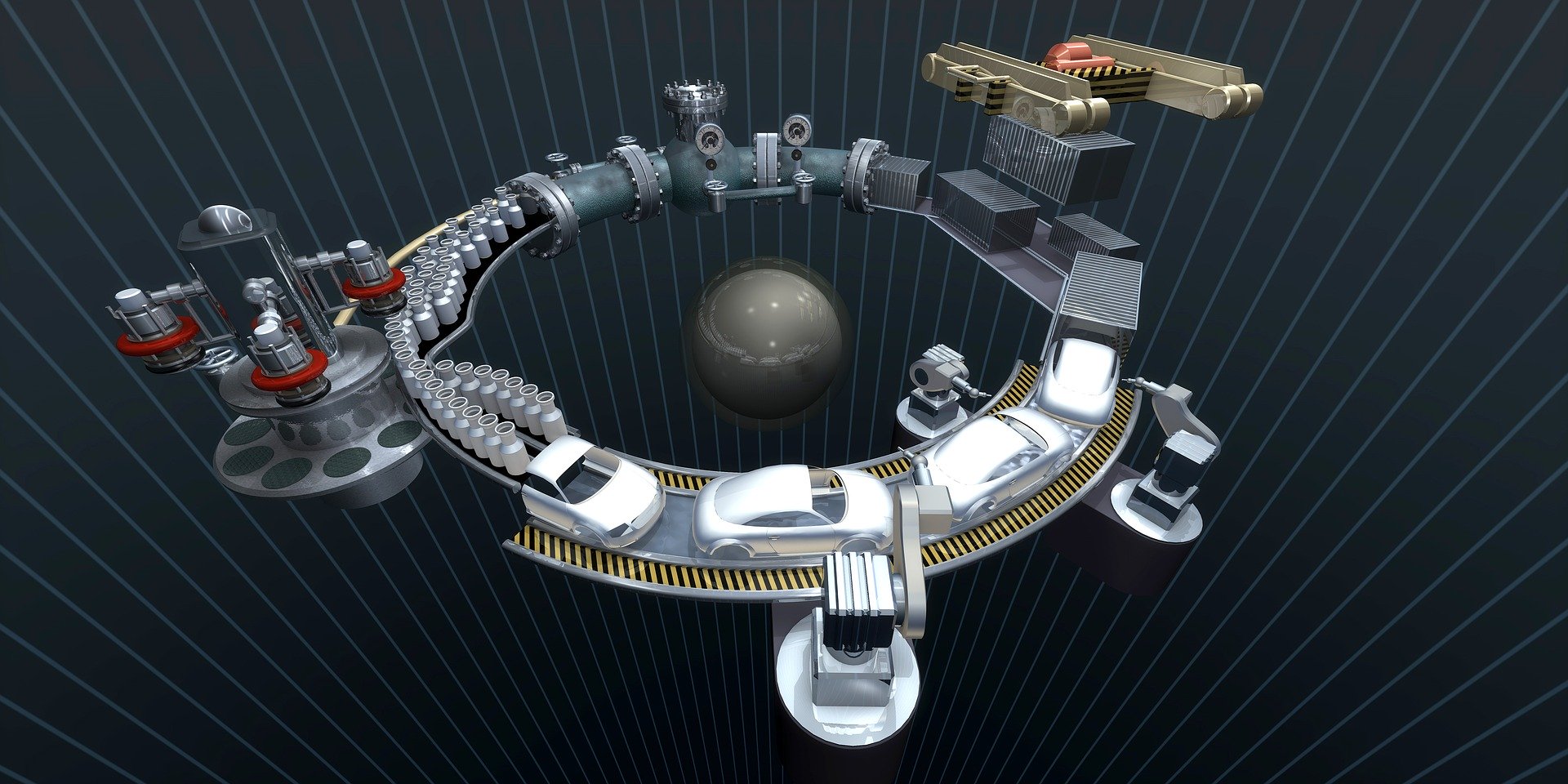As the world grapples with the challenges posed by climate change and environmental degradation, the need for sustainable living solutions has become more urgent than ever. Modern living often involves high energy consumption, excessive waste generation, and reliance on finite resources. However, with innovative technologies and conscious choices, we can transition towards a more sustainable lifestyle, whether you’re building green single-storey extensions, or implementing an eco-friendlier way of life. In this blog, we explore some practical sustainable solutions that can be integrated into our daily lives to promote a greener and more eco-friendly future.
Energy-Efficient Homes
One of the most significant contributors to carbon emissions is energy consumption in residential buildings. To create a more sustainable living environment, we must focus on energy-efficient homes. This includes investing in proper insulation, using energy-efficient appliances, and adopting renewable energy sources such as solar panels. Smart home technologies can also play a crucial role in optimizing energy usage, enabling homeowners to monitor and control their energy consumption more effectively.
Sustainable Transportation
The transportation sector is another major source of greenhouse gas emissions. To reduce our carbon footprint, we must embrace sustainable transportation solutions. This can involve using public transport, carpooling, biking, or walking for short distances. Additionally, the shift towards electric vehicles (EVs) is vital to decrease reliance on fossil fuels and promote cleaner mobility options.
Water Conservation
Water is a precious resource, and conserving it is essential for sustainable living. Simple habits like fixing leaks, using low-flow fixtures, and collecting rainwater for irrigation can significantly reduce water waste. Moreover, choosing drought-resistant plants for landscaping and being mindful of water-intensive activities, such as excessive lawn watering, can go a long way in promoting water conservation.
Waste Reduction and Recycling
Modern living often leads to excessive waste generation, much of which ends up in landfills or pollutes the environment. Embracing a zero-waste lifestyle is a sustainable solution to address this issue. Reduce, reuse, and recycle should be the mantra for waste management. Composting organic waste and supporting local recycling initiatives can also contribute to reducing the burden on landfills and minimizing our ecological footprint.
Sustainable Food Choices
The food industry has a significant impact on the environment, from agricultural practices to food transportation and packaging. Embracing sustainable food choices can make a substantial difference. Opting for locally-sourced, organic produce can reduce the carbon footprint associated with food transportation and promote sustainable farming practices. Moreover, reducing meat consumption, especially from intensive animal agriculture, can help mitigate greenhouse gas emissions and conserve water resources.
Green Building Design
Beyond energy-efficient homes, sustainable living also involves promoting green building design in commercial and public spaces. Implementing eco-friendly construction materials, utilizing natural lighting, and incorporating green spaces within urban areas can enhance the overall sustainability of buildings and communities.
Eco-Friendly Consumer Choices
As consumers, we hold significant power to drive sustainable change through our choices. Supporting brands that prioritize environmental responsibility and ethical practices can encourage more businesses to adopt sustainable approaches. Consideration of the lifecycle of products, from sourcing to disposal, is essential in making eco-friendly consumer choices.
Sustainable living is not an unattainable goal but rather a collective effort that starts with each individual’s actions. By incorporating energy-efficient practices, embracing sustainable transportation, conserving water, reducing waste, making mindful food choices, and supporting eco-friendly initiatives, we can contribute to a healthier planet and a more sustainable future for generations to come. As we continue to innovate and adapt, sustainable solutions for modern living will play a crucial role in mitigating the impacts of climate change and preserving the natural beauty of our world. Let us all embark on this journey towards a greener and more sustainable tomorrow.
















